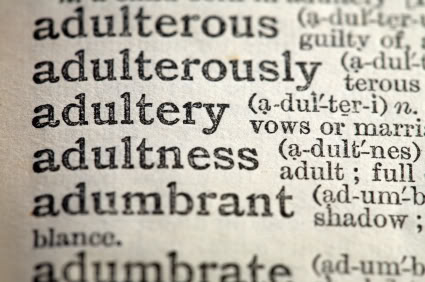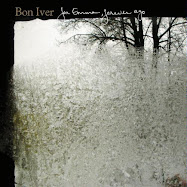Many years ago, I stood in front of Claude Monet's painting of the Rouen Cathedral at the Musée d'Orsay in Paris. I was admiring his genius and wondered at how a painter is able to create an artwork that is distinctly his.
Do all artists have a signature? A certain way of looking at the world, a certain philosophy that differentiates a person from all the rest.
Lately, these questions have been in my mind as I try to understand myself as a writer and as I seek to venture into new worlds. Do I, as a writer, have a signature?
What is it? Is it a certain way with words, a certain lyricism? Is it what I write about? Or is it how I write about it? Is it even possible to identify a signature? Perhaps it is like a shadow that lives in your mind; you are dimly aware of it but once you train a spotlight on it, it vanishes.
People use different entry points to write. Sometimes, I write because of an emotion and I use that as a starting point for a journey. Oftentimes, these stories end up raw, powerful, sharp.
But when my mind is clear and calm, I begin the journey by thinking of a memory. I think of Mindanao and I remember growing up in my hometown Cotabato, where four dialects are spoken simultaneously. I remember our tiny house and quiet, deserted streets at night.
I think of a red headband and I remember falling in love with a stranger. I think of the Grand Canyon and I remember feeling small, in awe of nature and time.
I once said I write because memory is fleeting, and so I try to capture the past and the present. Things one cannot hold on to.
Although at times, it may seem I write to forget too. To leave the past behind in search of a future.
But now, I want to write about a fantasy, other lives that I haven't lived / have yet to live / waiting to be lived. Perhaps... will never live.
I want to experiment more with writing styles, perspectives, tones, subjects and characters in my stories. I want to create characters people can fall in love with; men who pay for sex, women who feel they are never beautiful enough. I want to write about lust, and anger, and jealousy.
I want to write about hate. I want to write about all the things we all try to bury deep down in ourselves, the emotions we pretend we never feel. The versions of ourselves we deny exist.
But not everyone likes change.
"It is a risk, Kane," Drew said. "Especially when you've built up an image. You may lose readers. For example, when I read your Bulitas entry, the first thing that came to my mind was 'OMG. What will they think of Kane?'."
"I mean, when others cruise in comfort rooms, parang wow, exciting. But when it's the Kane, parang, ay, he also does that pala?"
"What happened to standards? Some will understand that people are complex and appreciate that kind of adventure. But others, I think, they prefer to see their celebrities as stars - all shiny and glossy."
"What do I want?" I asked.
"Ahhh. I think you want interesting readers," Drew replied.
Smart boy, this one.
"You want people who can see the layers."
Then he suddenly quoted something Rudeboy told me once.
You, for instance, can easily come across as a flighty pretty boy whose interests do not seem to go beyond his chichi friends, the drama of his lovelife, or the importance of eyeshadow.
But it is the depth beneath that glossy surface that continually interests me.
"But not everyone can," Drew warned.
I thought about what he said.
When I first started writing, I wrote for myself like most people do. That is the most basic, most fundamental form of writing: self-expression.
As I grew and became more mature as a writer, I begun to learn to speak to an audience and my goals changed. Aside from self-expression, I wanted to connect to people, make them think, frighten them, shock them, create an emotion, a feeling, instill a thought.
I wanted to steal their hearts. Take them to places far, bring them home.
I learned to plan stories, to space out entries. I started three projects including Open Spaces, Spit Roast, and Sex Etiquette. I wanted to be the kind of writer who is unafraid to try out different things, to be brave.
Some of you may wonder why I do not respond to comments on my stories. I feel that each work should be able to stand on its own, without the writer explaining it. But that's just me.
I do love hearing your thoughts and in the spirit of bravery, I want you to be more honest in your criticisms. Tell me if you hated it, which parts and why? Were the characters poorly constructed? Was it the use of a certain language, a certain metaphor? Was it cliché?
I don't think we can grow as writers if all we see are good reviews. Bad reviews are important too; they remind us we are not gods.
And it is because we are not gods that we write, to create a vessel for our life stories. And once we are older, perhaps we can look back and see how beautiful it all was, even the sad, painful parts of it.









